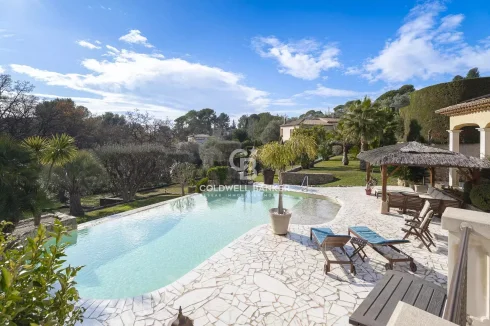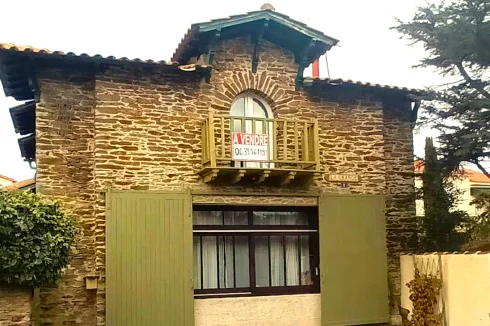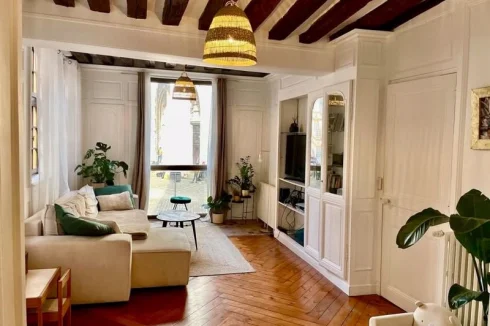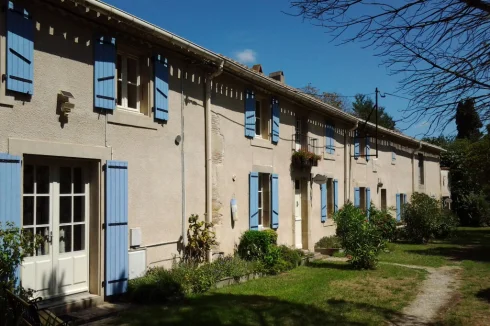Capital Gains Tax for Non-EU Residents
Tuesday 01 May 2012
The higher rate of capital gains tax imposed on those who live outside of Europe's borders is coming under closer legal scrutiny.
Under the terms of most international tax treaties signed by France second home owners are liable for capital gains tax in France on the sale of their home.
They may also be liable in their home country, but in most cases they will be granted relief against any tax paid in France.
Article 244 of the code général des impôts states those who live outside of the EU area (but excluding Norway, Island and Liechtenstein) pay a substantially higher level of taxation.
Whilst those within Europe pay capital gains tax at the rate of 19%, those outside EU borders pay at the rate of 33⅓%. (A rate that is actually increased to 50% in the case of certain 'non-cooperative' tax havens with whom France has no tax treaty).
This difference in taxation has given rise to a number of court cases, primarily on the basis that the majority of international tax treaties concluded by France include a non-discrimination clause within them.
These non-discrimination clauses are frequently inserted to protect French citizens living abroad, not other nationalities with property in France.
However, in a case involving a Swiss national with property in France, judges in the Court of Appeal in Versailles recently argued that what was sauce for the goose was also sauce for the gander, and that the treaty must be applied irrespective of nationality.
The treaty between France and Switzerland states that capital gains should be assessed on the same basis, whether the beneficiary is resident in one country or the other. By taxing the Swiss national at a higher rate (as the French tax authority had done so, in accordance with primary legislation) the court ruled that this was discriminatory.
In a second case last year, a local Tribunal sitting in Montreuil, a suburb of Paris, also cast doubt on the legality of different treatment of non-EU residents, arguing that it was contrary to Article 56 of the Treaty of Rome, which guarantees the free movement of capital, not only within the EU, but between EU countries and those outside the Union.
Accordingly, the court ordered that in this case the applicable rate of capital gains tax should be 19%, not 33⅓%.
The French government have appealed against both of these decisions, but the cases have yet to be heard.
In the meantime, those non-EU residents who want to challenge the rate of imposition on the sale of their property may find it difficult are to find a notaire (who collects the tax) willing to adopt the stance that has been taken by the courts.
Jamel Brahmi, a notaire from Paris states: ''In my opinion there are two possible courses of action. It would first be possible to directly declare a capital gain to 16% for Swiss residents, and more generally for non-residents (if there is a applicable convention ). If the sale is not likely to be blocked at the land registry it is highly likely that the tax authority would dispute this position, and an agreement must also be reached with the certified tax representative, required to represent the non-resident seller.
In a second case, it might be possible to pay 33⅓% and claim back the overpayment with interest on arrears. The stakes are high because there is a fiscal fine applied to own gains, amounting to 25% of the amount of unpaid taxes, in addition to default interest or penalties (CGI, art. 1761).
The choice between one of these two processes must be discussed case by case with clients.''
If you are unable to find a suitable notaire they you will need to take legal advice through an avocat by making a réclamation to the tax authority, which may ultimately end up in a court of law.
Next Article: Getting Health Cover in France
Thank you for showing an interest in our News section.
Our News section is no longer being published although our catalogue of articles remains in place.
If you found our News useful, please have a look at France Insider, our subscription based News service with in-depth analysis, or our authoritative Guides to France.
If you require advice and assistance with the purchase of French property and moving to France, then take a look at the France Insider Property Clinic.





